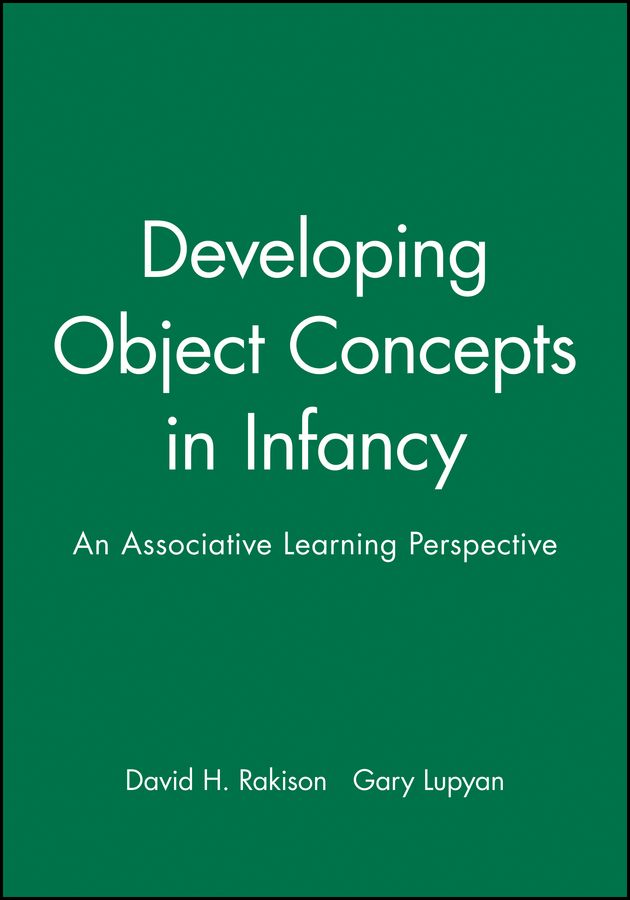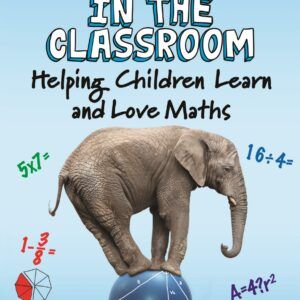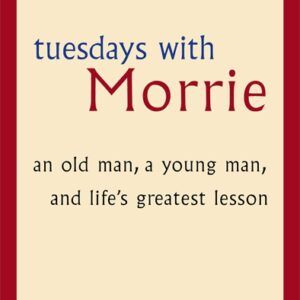We present a domain-general framework called constrained attentional associative learning to provide a developmental account for how and when infants form concepts for animates and inanimates that encapsulate not only their surface appearance but also their movement characteristics. Six simulations with the same general-purpose architecture implement the features of the theory to model infant behavior in learning about objects’ motion trajectory, their causal role, their onset of motion, and the initial mapping between a label and a moving object. Behavioral experiments with infants tested novel hypotheses generated by the model, showing that verbal labels initially may be associated with specific features rather than overall shape. Implications of the framework and model are discussed in relation to the mechanisms of early learning, the development of the animate–inanimate distinction, and the nature of development in the first years of life.
Developing Object Concepts in Infancy
₹4,240.00
An Associative Learning Perspective
This book is currently not in stock. You are pre-ordering this book.




